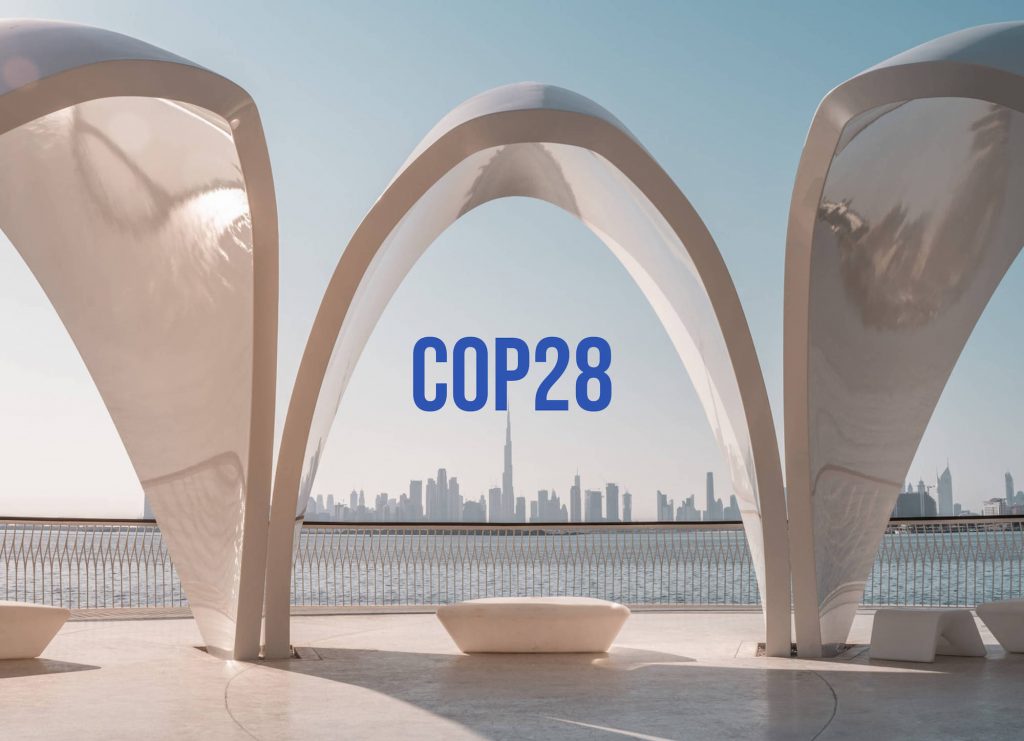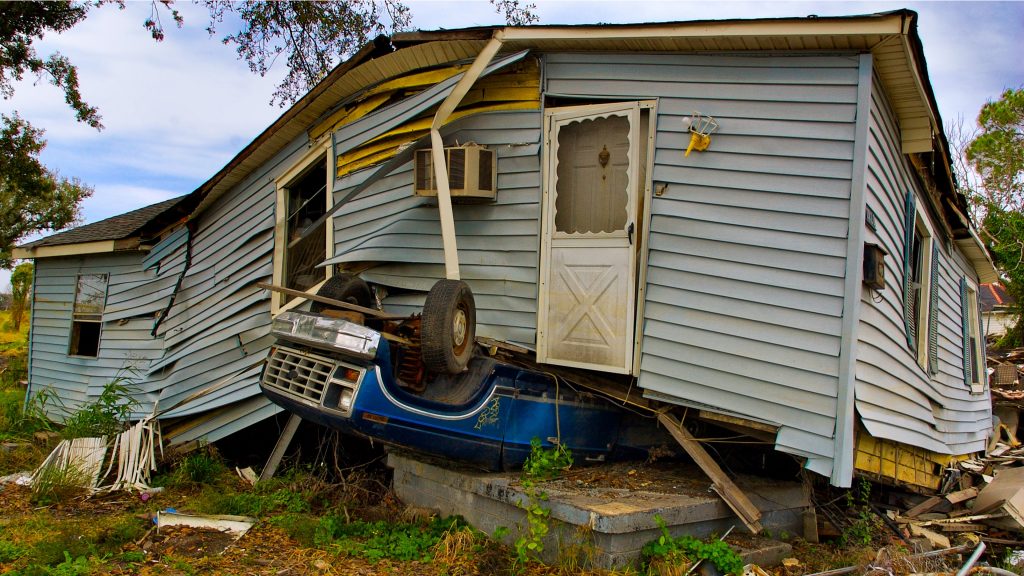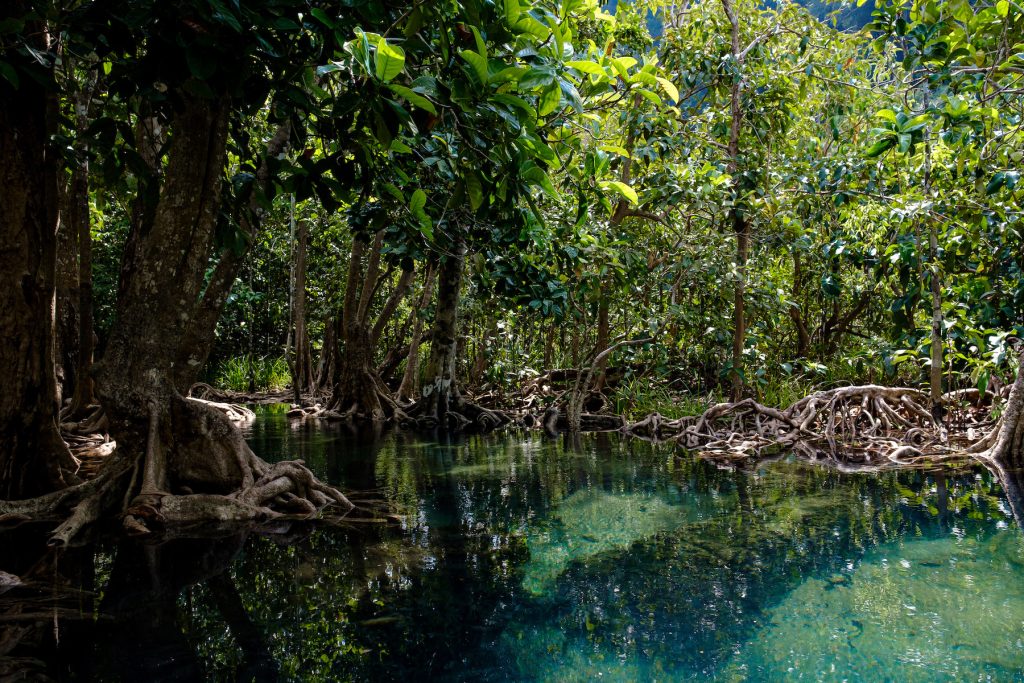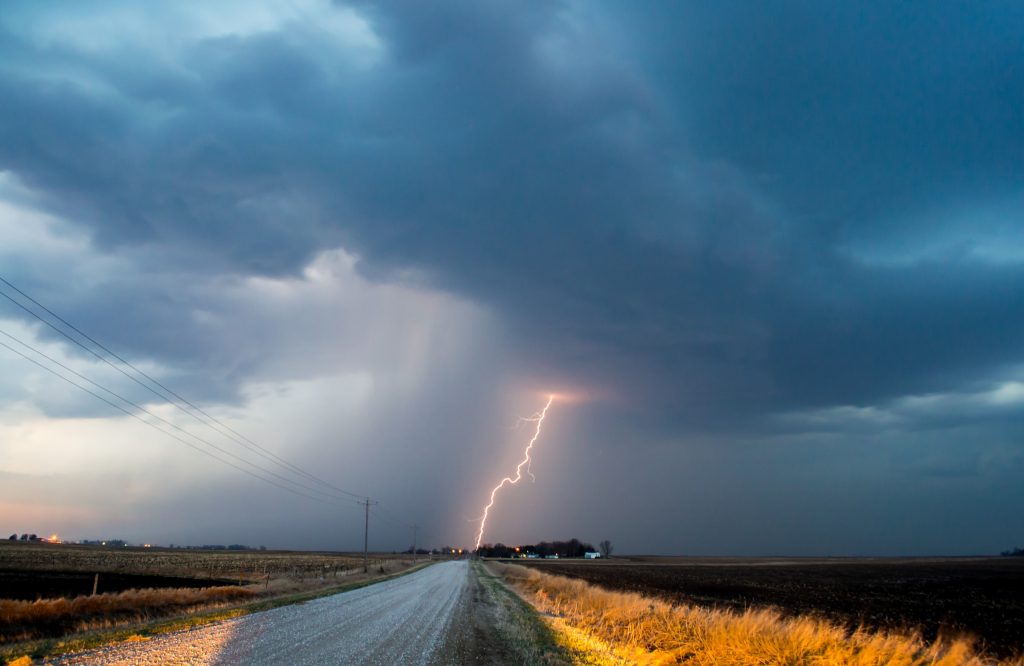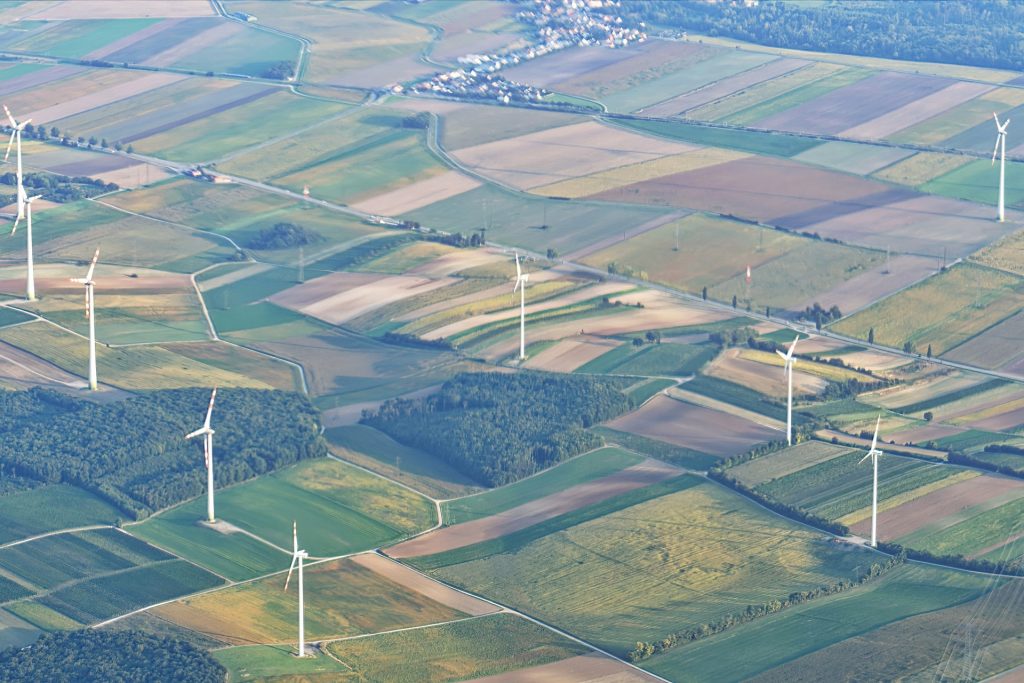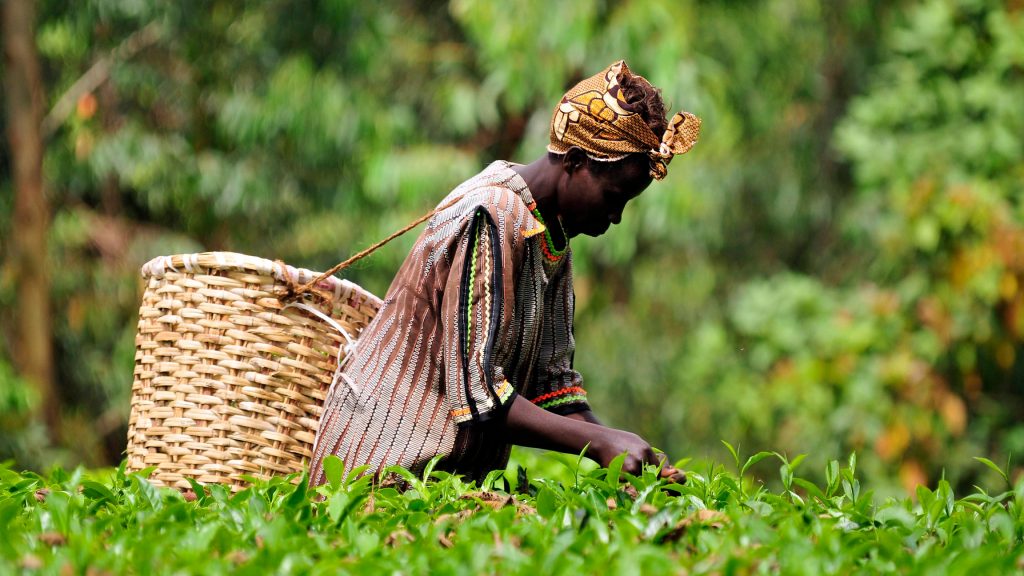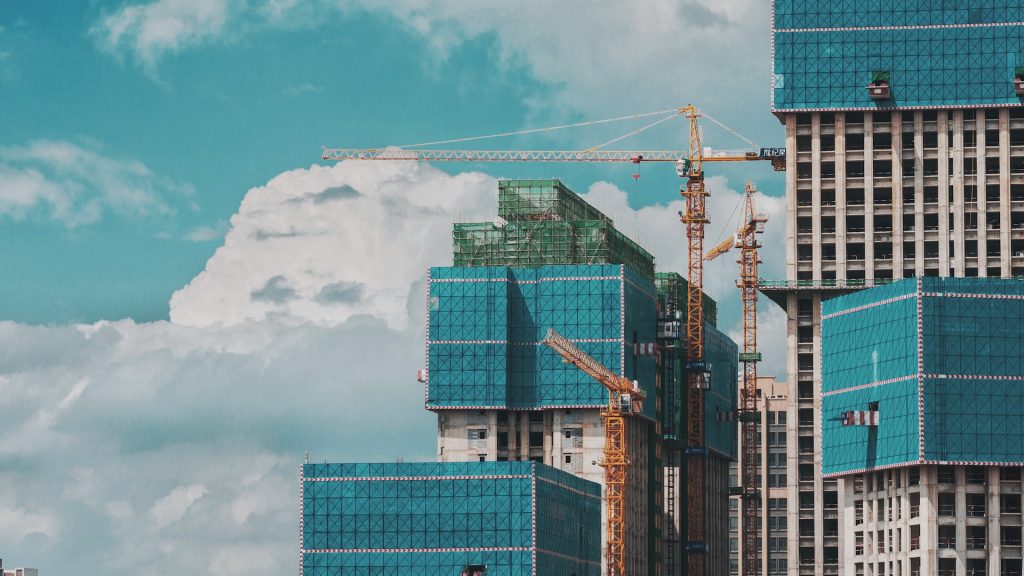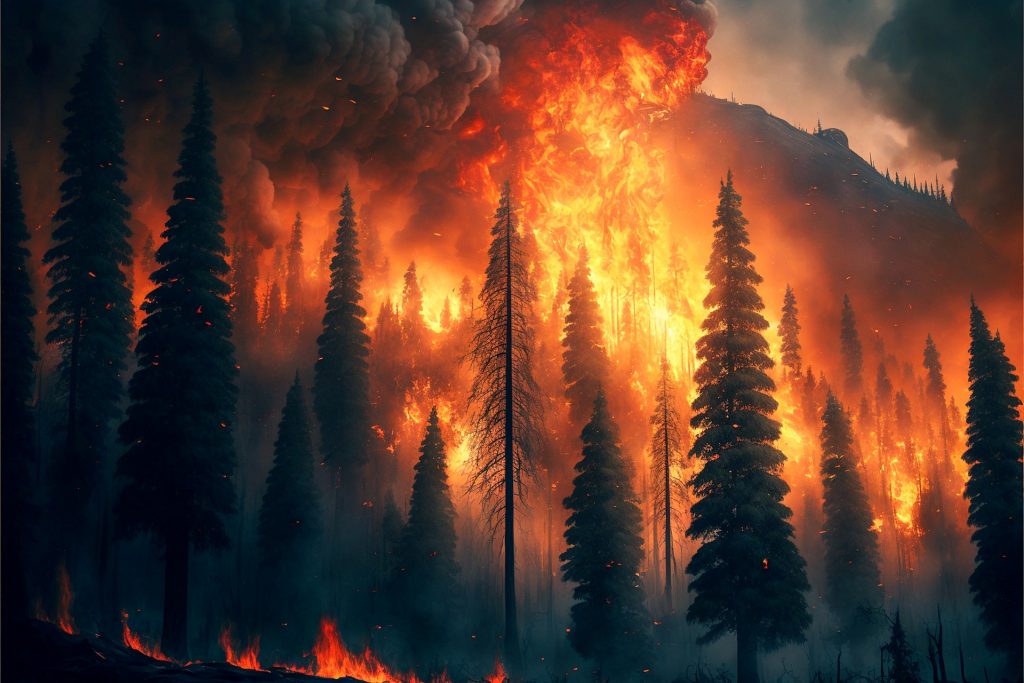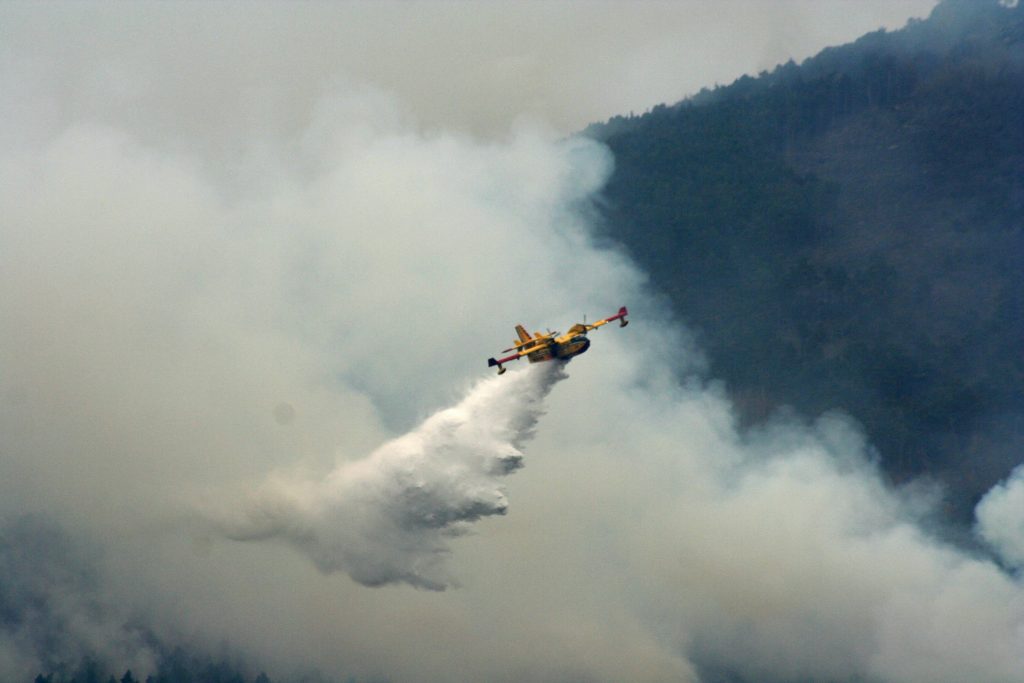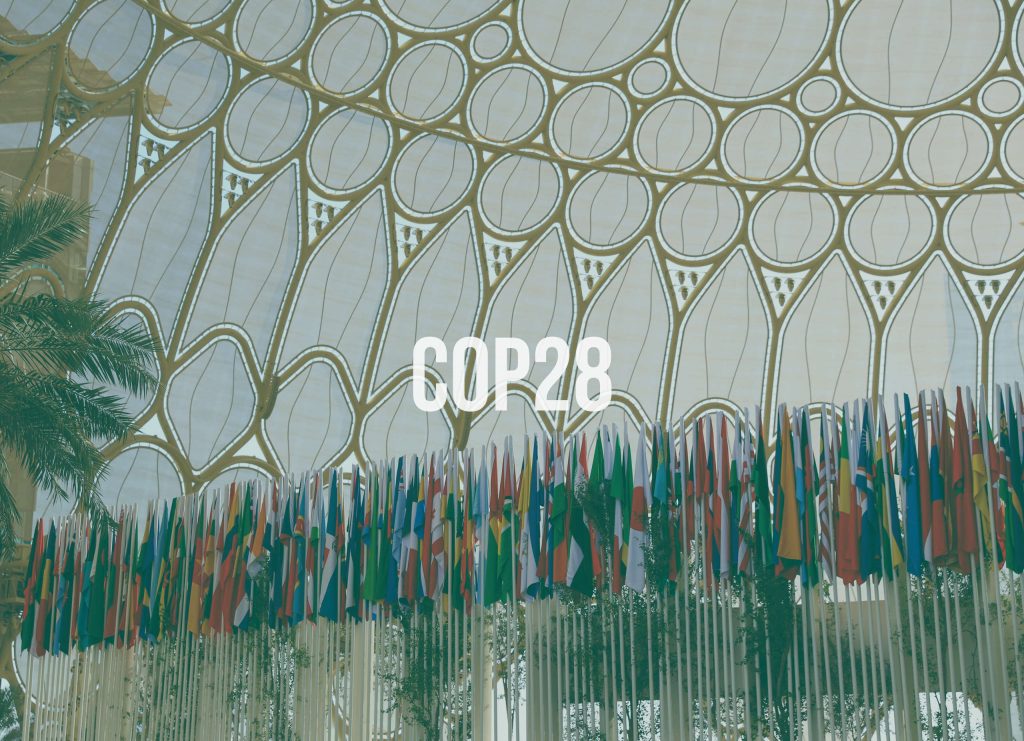
COP28 | MASSIMO TAVONI. “Science points to a loss and damage fund of several hundred billion USD”
The loss and damage fund has been established, and initial pledges have been made, but how much money should be directed into it and how should it be organized? Massimo Tavoni, director of the CMCC-RFF European Institute on Economics and the Environment, explains how climate-economic science and modeling can support the loss and damage debate. The latest evidence indicates that an adequate fund should be in the order of [140-822] USD billion and that it should differ from existing funding arrangements used for mitigation and adaptation.

